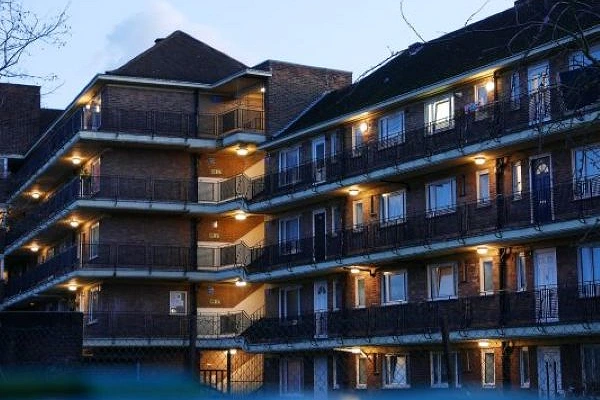
New electrical safety regulations for social housing
Victoria Bonnet, Emma Hindon and Briony Bladen-Jones set out what social landlords need to know in relation to new electrical safety regulations.
February 13, 2026
New electrical safety regulations for social housing
News
Must read
Fix it fast: How “Awaab’s Law” is forcing action in social housing
Eleanor Jones sets out what "Awaab's Law" will mean in practice for social landlords.
Housing management in practice: six challenges shaping the sector
Rebecca Rees provides key takeaways on six key challenges in housing management, including how to tackle anti-social behaviour.
Why AI must power the next wave of Social Housing delivery
For years, national housing policy has wrestled with the tension between aspiration and delivery. Targets have been set and missed; waiting lists have grown longer, and the most vulnerable people in our society have been left with fewer safe, affordable places to call home.…
Features

The Warm Homes Plan: Key Takeaways
February 05, 2026
Nimoy Kher analyses the Government's Warm Homes Plan, picking out the key parts of the plan and what they mean for local authorities.

Warm homes and heat networks – what now for local authorities?
February 04, 2026
Nathan Bradberry and Carrie Davies set out the steps local authorities can take to prepare for implementation of the Warm Homes Plan.

Issue estoppel in service charge disputes
February 04, 2026
The Upper Tribunal has recently considered the application of issue estoppel to a s.19 LTA 1985 FTT determination that a variable service charge was reasonably incurred and therefore payable. Justin Bates and Poppy Kemp analyse the ruling.

The Renters’ Rights Act 2025 and Wales: extending protections from discrimination to Welsh contract-holders
February 04, 2026
Sarah Salmon and Alistair Cantor dissect the forthcoming anti-discrimination measures due to be introduced by the Renters’ Rights Act 2025 to landlord and tenant legislation in Wales, consequential changes to fundamental terms applicable to occupation contracts, and implications for stakeholders in the Welsh private and social rented sectors.

Awaab’s Law and development agreements
Feb 04, 2026

Housing case alert - January 2026
Feb 04, 2026

Homelessness law reform in Wales
Jan 13, 2026

Proposed changes to the consumer standards
Jan 07, 2026
HMOs and “self-contained flats”
Jan 07, 2026
Only or Principal Home…again
Jan 07, 2026
Prohibitions orders, assessments and the HSSRS
Dec 18, 2025
The lost enforcement of section 21
Dec 03, 2025
Housing case alert - November 2025
Dec 03, 2025
Section 21 - It’s not over yet
Dec 03, 2025
Expert evidence in housing conditions claims
Dec 02, 2025
Inquests and Housing
Dec 02, 2025
Webinars
Awaab’s Law and Fitness for Human Habitation – the same, but different?
Max Gordon and Matthew Timm discuss the impact of the newly implemented Awaab's Law, examining the obligations of Social Landlords.
Sponsored articles
Walker Morris supports Tower Hamlets Council in first known Remediation Contribution Order application issued by local authority
Walker Morris has supported Tower Hamlets London Borough Council (LBTH) in issuing what is believed to be one of the first Remediation…
Unlocking legal talent
Jonathan Bourne of Damar Training sets out why in-house council teams and law firms should embrace apprenticeships.















































